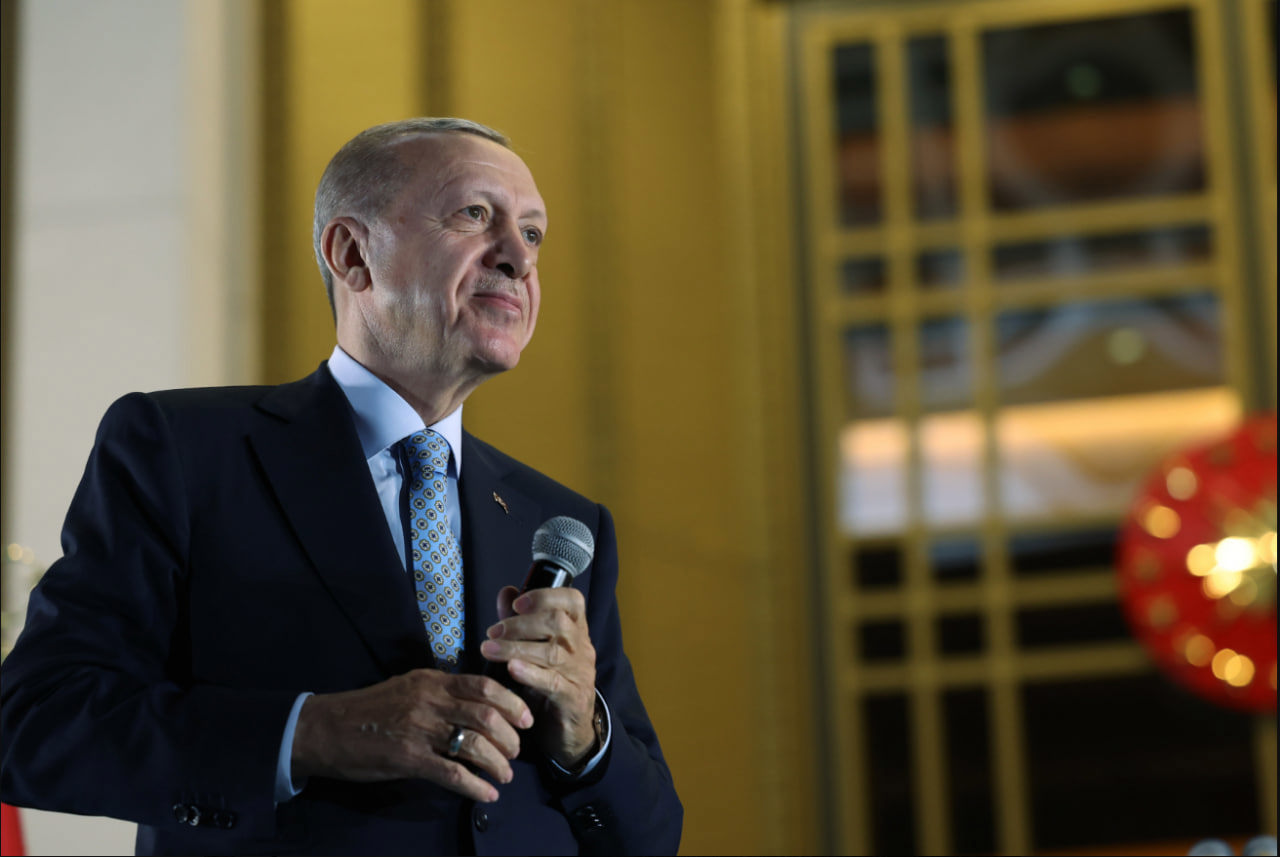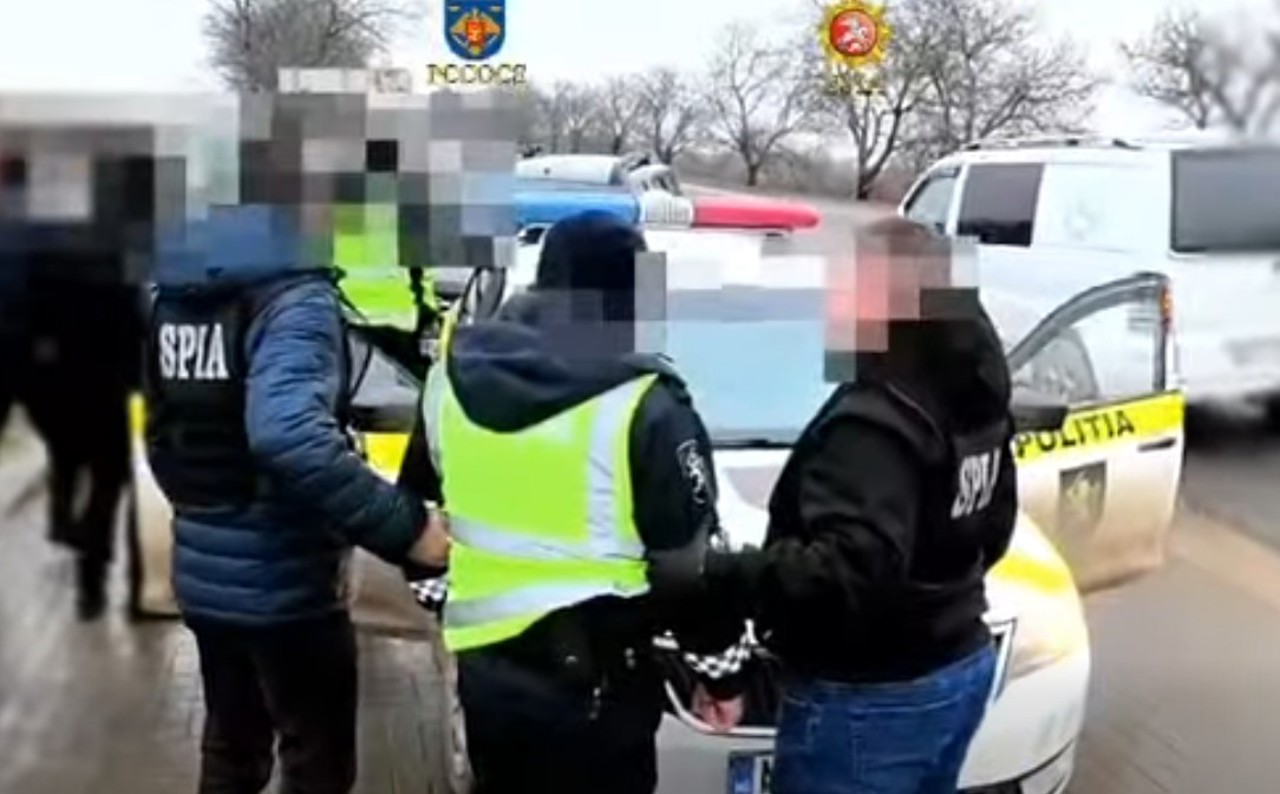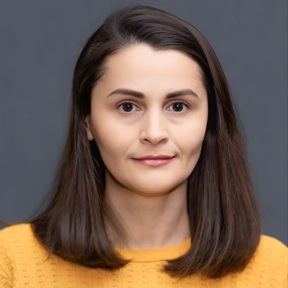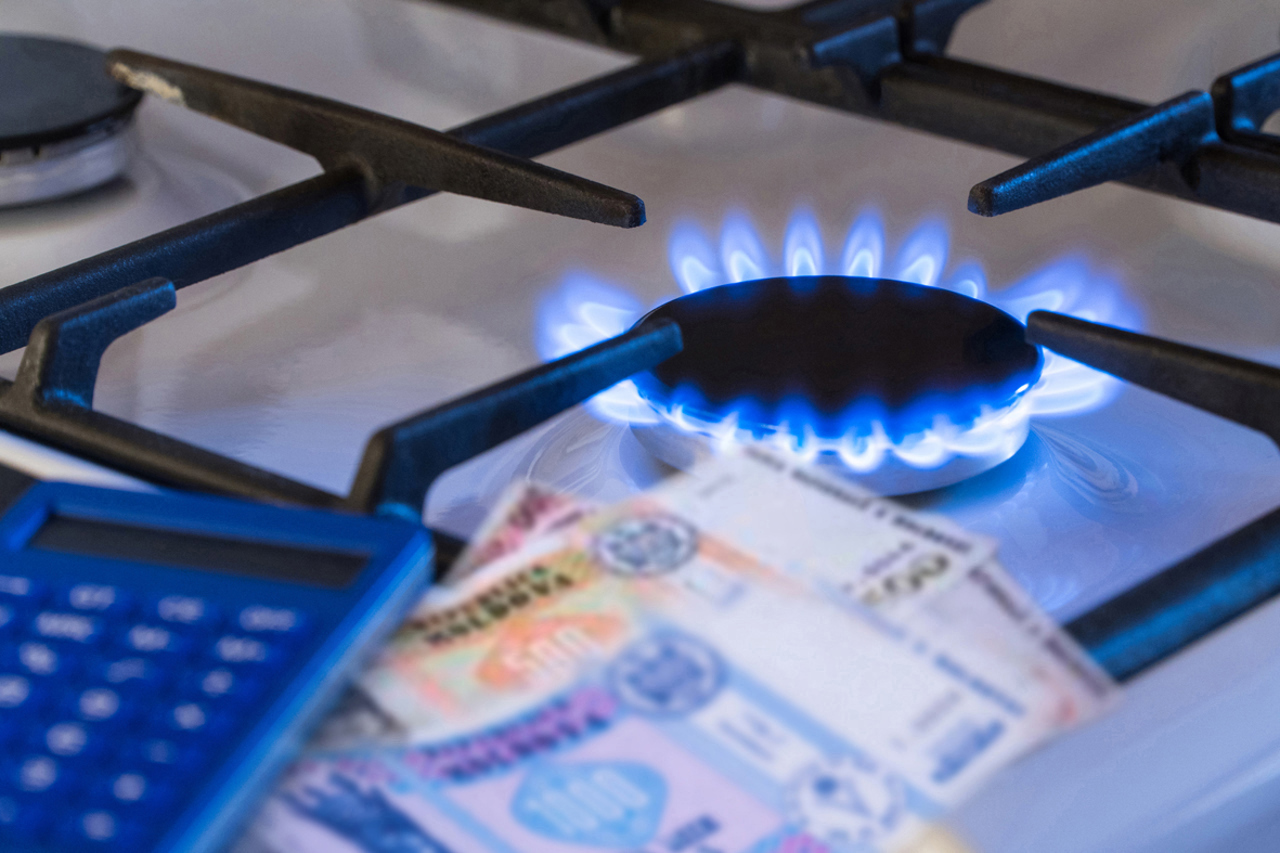Expert on Turkey's elections: "President Erdogan has managed to convince those who doubted that his economic policy would work"
Recep Tayyip Erdoğan has been re-elected as Turkey's president for a third consecutive term following the second round of elections, the High Electoral Committee has announced. He won his five-year term with more than 52 percent of the vote. The results were predictable, Victor Juc, director of the Institute for Legal, Political and Sociological Research, told Radio Moldova. The expert also pointed out that relations between Turkey and Moldova will not change radically after Sunday's elections.

The Turkish electoral authority announced that Recep Tayyip Erdogan has been re-elected President of Turkey for a third consecutive term. He won just over 52%, or more than 27 million votes, while his challenger, Kemal Kilicidaroglu, was backed by 47.8%. In front of thousands of supporters, who gathered at the presidential complex in Ankara, Recep Tayyip Erdogan promised to devote all his time and energy to working to serve his country.
The opposition leader expressed his "sadness" for Turkey's future. According to him, this was "the most unfair election in many years", but he said the result showed the people's desire for change in the authoritarian leadership, as Recep Tayyip Erdogan did not now win the contest as easily as in the two previous elections.
Turkey's election results were predictable, said Victor Juc, director of the Institute for Legal, Political and Sociological Research. He points out that Turkish voters opted for stability and took political and religious, not economic, reasoning into account.
"The vast majority of Turkish voters preferred political stability and continuity. President Erdogan is supported very much by the people in the villages and by businessmen, while his opponent was supported more by the intelligentsia and young people. People, in the vast majority, voted not driven by economic reasoning, but by something else. However, President Erdogan managed to convince those who doubted that his economic policy would work, not now, but in the medium term," Victor Juc told Radio Moldova.
The expert pointed out that relations between Turkey and the Republic of Moldova will not change radically following this election. However, it is possible that the volume of trade between the two countries will increase in the coming years. At the same time, Victor Juc is of the opinion that Turkey could strengthen its presence in ATU Gagauzia, especially as the situation in the region has been tense lately.
Hungarian Prime Minister Viktor Orban was one of the first leaders to congratulate Recep Erdogan on his re-election as Turkey's president, although the official results were not yet confirmed.
Subsequently, the presidents of the European institutions and the secretary-general of NATO sent congratulations on Sunday evening to the re-elected Turkish president, expressing their desire to continue relations between their organisations and Turkey, AFP notes.
US President Joe Biden also congratulated Turkish President Recep Tayyip Erdogan on his re-election. The White House leader tweeted that he looked forward to continuing to work together as allies within NATO on bilateral issues and global challenges.
There was also a message of support and congratulations from Kremlin leader Vladimir Putin, reports BBC News.
The presidents of Romania, Klaus Iohannis, France, Emmanuel Macron, and Ukraine's leader Volodimir Zelenski also sent their congratulations.






